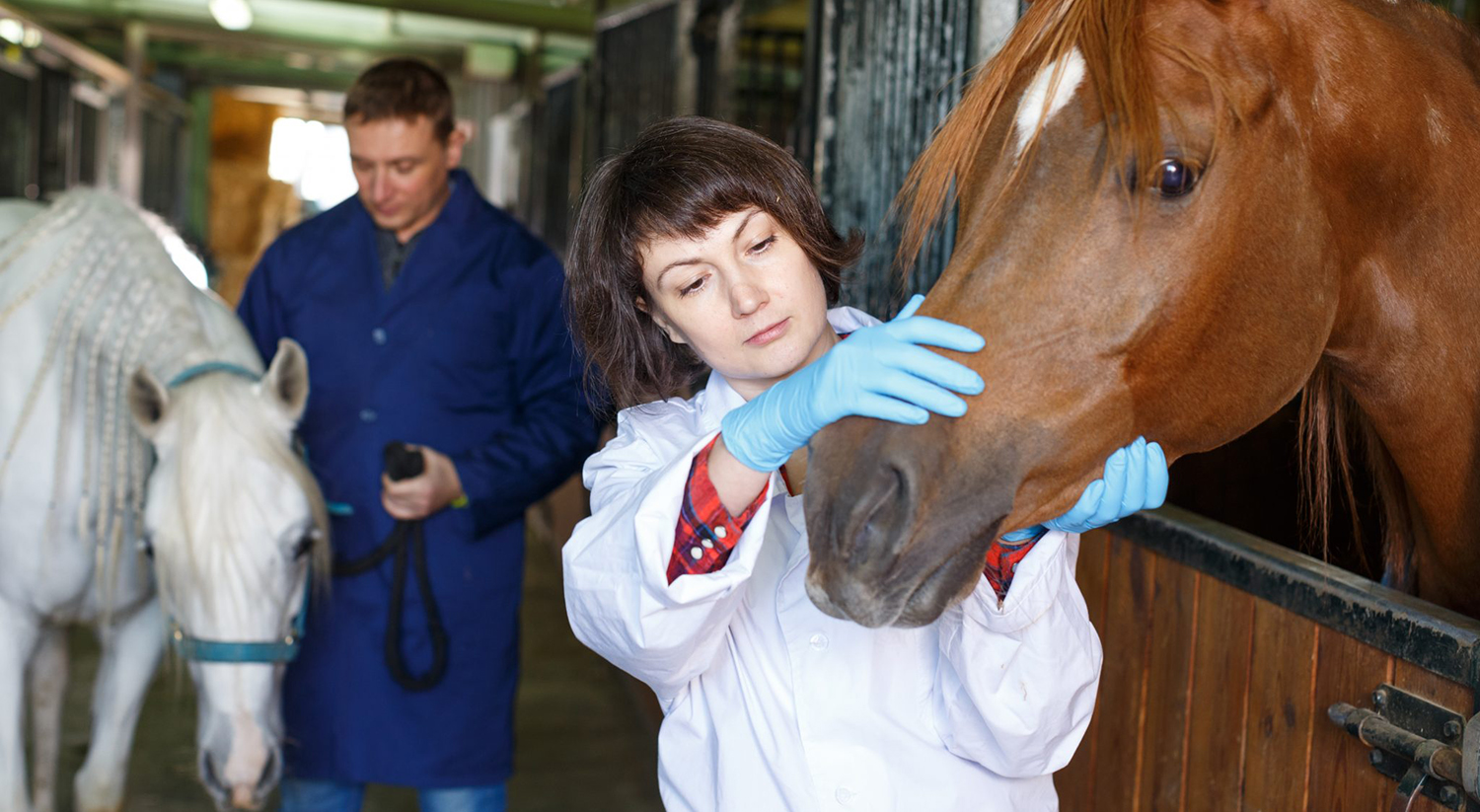
September 1, 2021
By Maggie Lawrence | Alabama Cooperative Extension System
AUBURN, Alabama – Farm supply and feed stores cannot keep a livestock deworming medication on the shelves because social media posts are calling it a cure for COVID-19. A veterinarian with the Alabama Cooperative Extension System warns that people should not buy animal ivermectin products to self-medicate.
“Animal formulations of ivermectin are not safe for human use,” said Soren Rodning, who is also an Auburn University associate professor of animal sciences. “Bottom line—do not self-medicate with animal ivermectin products. I cannot emphasize this enough.”
The Alabama Poison Information Center at Children’s of Alabama has fielded more than two dozen ivermectin exposure calls so far. The majority of these calls were related to COVID-19.
The Food and Drug Administration requires labels on animal ivermectin products warning people not to ingest it. Veterinarians use it as a dewormer in cattle, horses and pets.
“The concentration of ivermectin in these products or some of the inactive ingredients used in animal formulations may not be safe for human use,” he said. “Specifically, these have not been proven safe for use by people through clinical drug trials.”
Marilyn Bulloch, an Auburn University associate clinical professor of pharmacy practice, adds that while a human formulation of ivermectin exists, safety is key.
“It would be wonderful to have a cheap oral medicine to treat COVID,” said Bulloch. “But the blood concentrations needed for the active ingredient are substantially higher than ever studied and is not safe in humans. Research shows that it does not work in normal human doses.”
Bulloch’s colleague, Spencer Durham, agrees.
“To achieve adequate blood concentrations would require a lethal dose of the human formulation,” said Durham, who is also an associate clinical professor of pharmacy practice at Auburn.
Bulloch and Durham also point out that hundreds of drugs have shown promise in a lab setting against COVID-19 but failed to be effective against the disease in people.
“Currently, there is a well-designed, large-scale study in people underway in the United Kingdom to investigate if ivermectin could be effective in more normal human doses,” said Bulloch. “But we do not know how long that study will run and when the data will be available.”
Durham said that long-term studies into dose sizes, dosing schedules and potential side effects in people are what is needed.
“These types of studies are what we need to make well-researched and safe recommendations,” he said.
Additionally, Durham is concerned that vaccine-hesitant people are embracing the social media hype around ivermectin.
“I understand that people want to feel that any medications and vaccines are well-researched and safe,” he said. “But there is no evidence to support that normal doses of human formulations of ivermectin are effective and significant evidence that animal formulations are not safe for people and possibly lethal.”
Durham said in contrast, strong evidence exists that the vaccines currently available are safe and significantly reduce the potential for contracting COVID-19 and requiring hospital treatment if a person does get the disease.
Rodning, Bulloch and Durham also agree that following a few key steps provide the strongest defense against COVID:
Alabama Extension and the Auburn University School of Pharmacy are collaborating to provide research-based information on COVID-19 to Alabama residents. This work serves as part of the Extension Collaborative on Immunization Teaching and Engagement, or EXCITE, project. The Extension Foundation provided funding for EXCITE. For more information, visit Extension's Alabama Ready website.
----------
Auburn University’s Harrison School of Pharmacy is ranked among the top 25 percent of all pharmacy schools in the United States, according to U.S. News & World Report. Fully accredited by the Accreditation Council for Pharmacy Education (ACPE), the School offers doctoral degrees in pharmacy (Pharm.D.) and pharmaceutical sciences (Ph.D.) while also offering a master’s in pharmaceutical sciences. The School's commitment to world-class scholarship and interdisciplinary research speaks to Auburn's overarching Carnegie R1 designation that places Auburn among the top 100 doctoral research universities in the nation. For more information about the School, please call 334.844.8348 or visit http://pharmacy.auburn.edu.